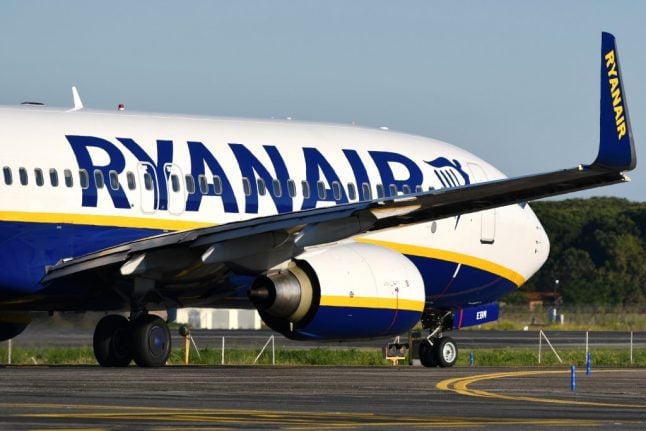The European Commission, the EU's executive arm, opened an investigation last year to determine whether Ryanair had received such aid from a tourism association in southern France.
The investigation showed the association APFTE made payments that “gave Ryanair an unfair and selective advantage over its competitors and harmed other regions and regional airports,” competition commisioner Margrethe Vestager said in a statement.

Montpellier airport. Photo: AFP
“France must recover €8.5 million in illegal aid granted to Ryanair at Montpellier airport,” the commission statement headlined.
The commission said APFTE had struck deals between 2010 and 2017 with Ryanair “in return for promoting Montpellier and the surrounding region as a tourist destination on the Ryanair site.”
The commission concluded these contracts “were financed by means of state resources and were attributable to the state,” because APTFE is financed “almost entirely by regional and local French public entities.”
It said the payments made on the basis of contracts “served only as an incentive for Ryanair to maintain its activities at Montpellier airport”.
In April this year, Ryanair switched operations from Montpellier to nearby Beziers airport. The Irish carrier also serves other regional airports such as Nimes, Carcassonne and Perpignan.



 Please whitelist us to continue reading.
Please whitelist us to continue reading.
Member comments